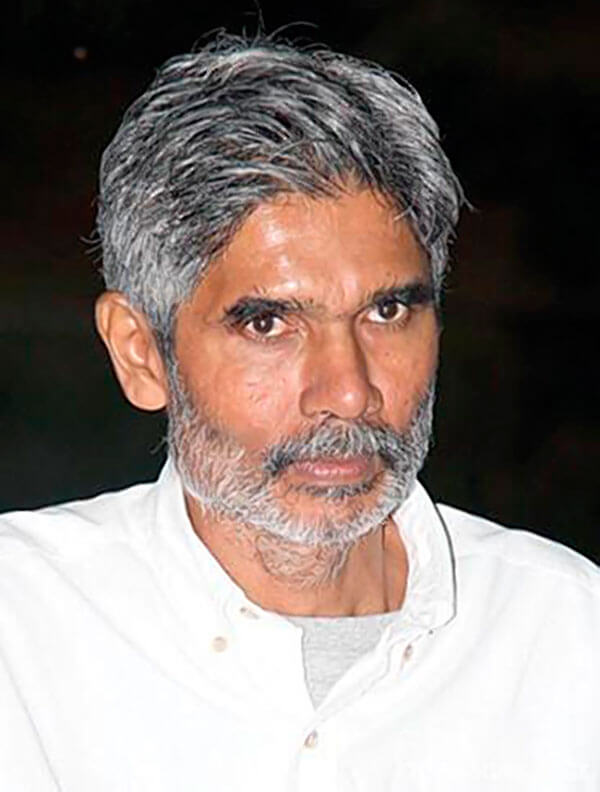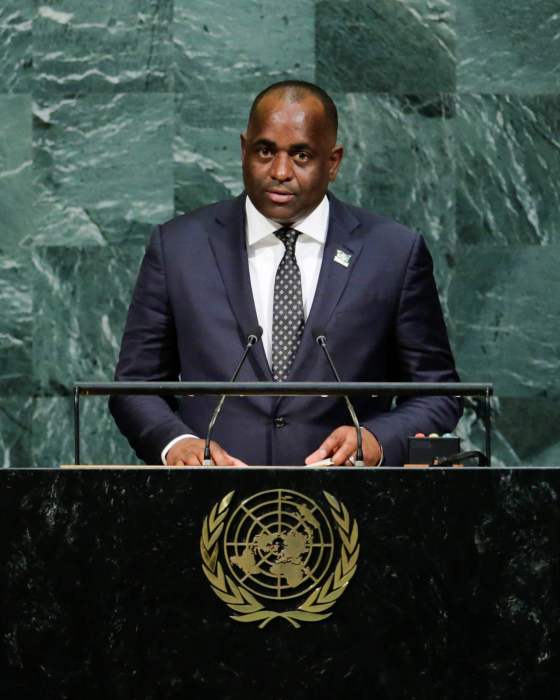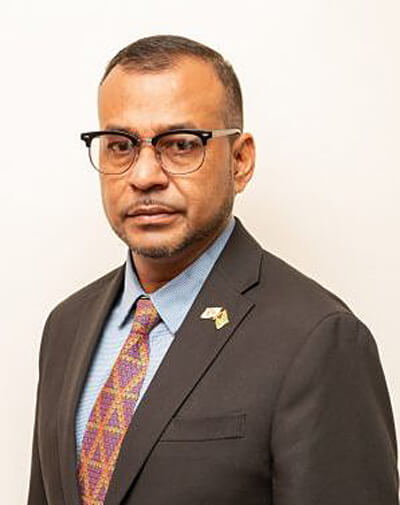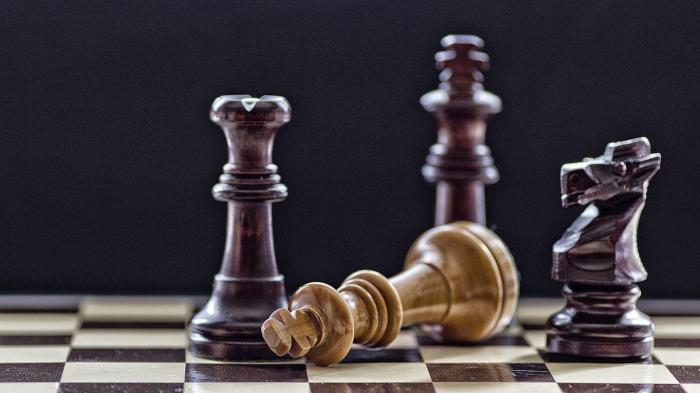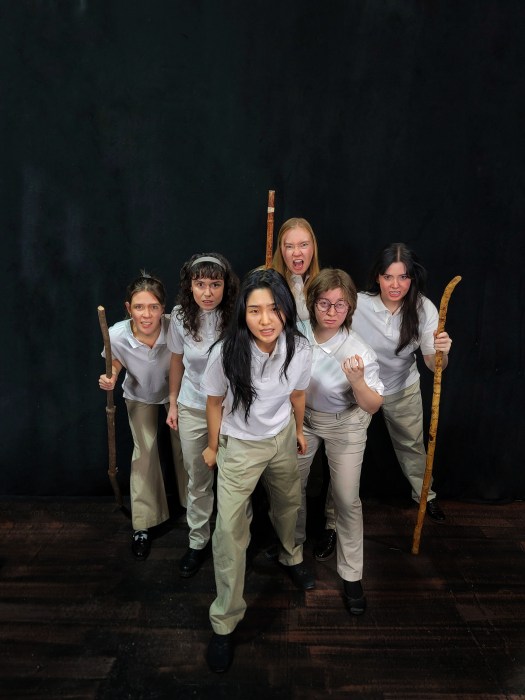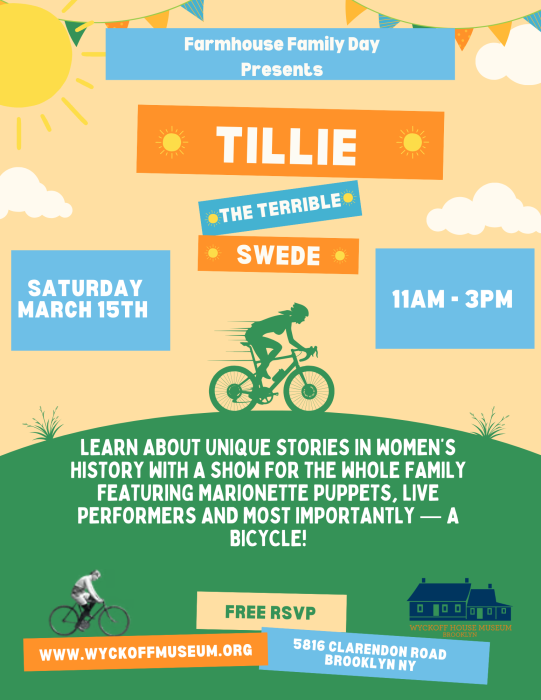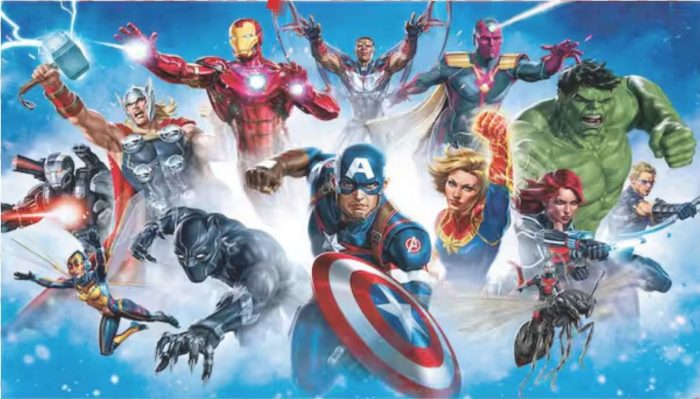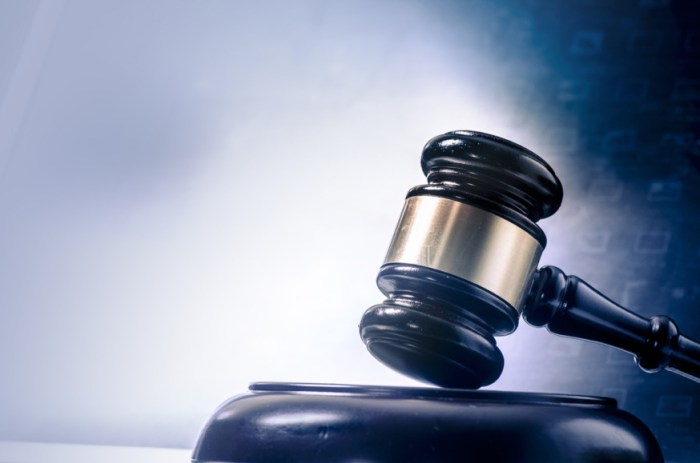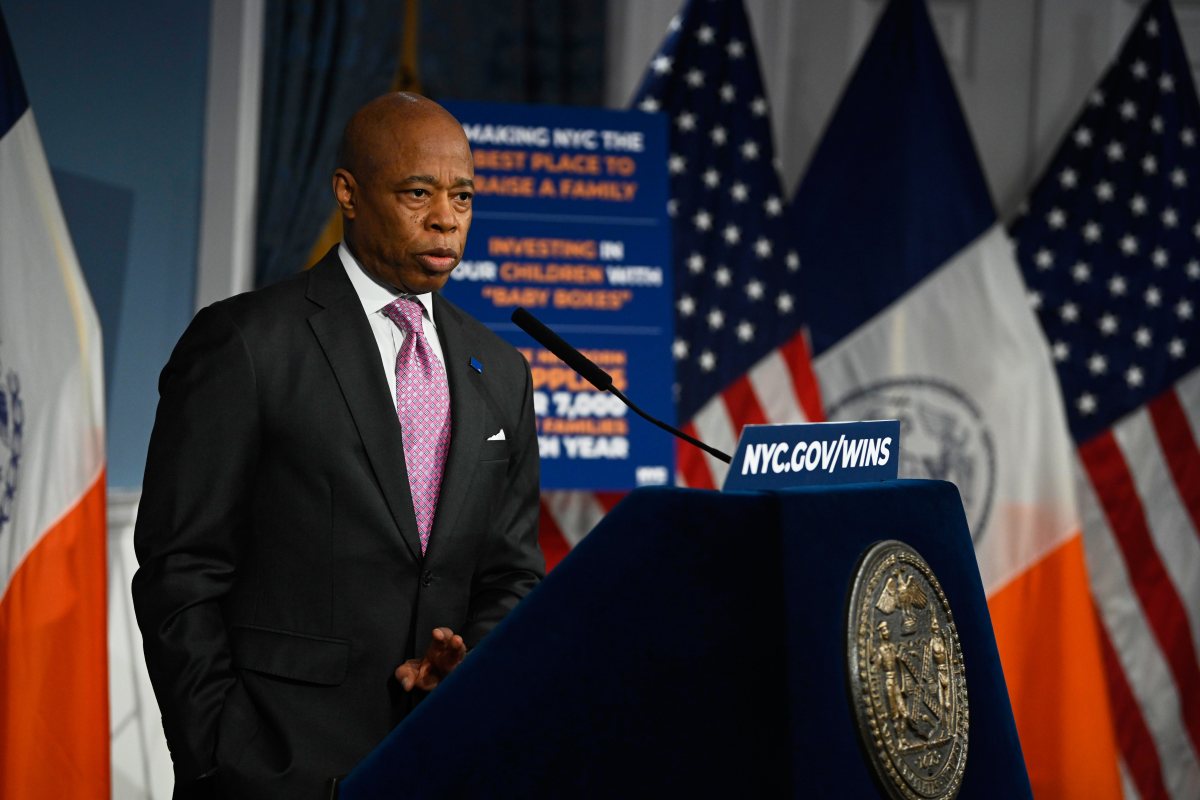On Feb. 8 this year, the “Report of the Commission of Inquiry on the Circumstances Surrounding the Death of the Late Dr Walter Rodney” was submitted to the President of Guyana, David Granger. The commissioners, Sir Richard Cheltenham, QC; Mr Seenath Jairam, SC; and Mrs Jacqueline Samuels-Browne, SC, met for two years. The following is based on the report and video footage of the Inquiry.
Walter Rodney was sitting in a car on the night of June 13 1980 in Georgetown, Guyana. Next to him was his brother, Donald. On Rodney’s lap was a walkie talkie. Inside the walkie talkie was a fragment of explosive. By switching the walkie talkie to a specific frequency, an electronic charge was created. This charge ignited the explosive, blowing up on Rodney’s lap. The report found that Rodney was killed “by an agent of the state having been aided and abetted to do so, by individuals holding positions of leadership in state agencies and committed to carrying out the wishes of the PNC administration.”
Walter Rodney was a scholar, a historian, a political activist. He was born in Georgetown on March 23rd 1942. His parents, his father a tailor and his mother a seamstress, were supporters, not of Burnham’s PNC, but Cheddi Jagan’s PPP. Rodney studied history at the University of the West Indies in Jamaica and graduated with first class honours in 1963. He pursued his PhD in African History at the School of African and Oriental Studies, University of London. His thesis was “A History of the Upper Guinea Coast “(Oxford University Press, 1970).
Rodney returned to Jamaica in 1968 where he lectured at the History Department of UWI. He also made friends with ordinary Jamaicans, particularly with the Rastafari, “grounding” — Groundings With My Brothers — with his brothers in an era of Black Power, Black Consciousness; a Renaissance of African ideas, art and activism in the Americas. He was banned from re-entering Jamaica by Prime Minister Hugh Shearer, after attending the Black Writers Conference in Canada. This led to riots in Kingston in October 1968, the Rodney Riots. Debarred from entering Jamaica, he went to Tanzania to teach from 1968-1974.
In 1974, Rodney returned to Guyana to accept a position as professor of history at the University of Guyana. The academic board had appointed him but the university’s ‘political wing’, the University Council rescinded his appointment. Rodney, who was married to Dr. Patricia Rodney, the father of two daughters and a son, founded a coalition, the Working People’s Alliance, that challenged the paramountcy of Prime Minister Forbes Burnham. The Guyanese people knew of him, his work in Jamaica and Africa, his firing; and he began, with his lucid debating style, to fire the imaginations and hearts of his compatriots.
Guyana, at this time, was a heart of darkness. The CIA and the British government had engineered a coup in 1964 and placed Forbes Burnham’s PNC at Guyana’s helm. Burnham ruled Guyana using his publicly proclaimed euphemism: “party paramountcy.” The party, not the state, controlled the arms of the Guyana Defence Force, the Guyana Police, departments of government; and, in critical matters, parts of the judiciary, the electoral machinery, the media, the trade unions.
Burnham possessed two additional arms: the “Death Squad,” that is police in plain clothes; and Rabbi Washington’s House of Israel. These conducted surveillance, and viciously smashed opposition elements, using hockey sticks and batons. The second were enforcers, bullies, extortionists, hit squads, strike-breakers, anti-union operators, deacons, black Jews and nuts and plantain-chip vendors in one.
Rodney’s broad appeal bridged ethnic divides in Guyana. He developed a fraternal working relationship with Jagan’s opposition PPP. He joined in marches against extra-judicial killings of members of the clergy, opposition parties and trade unions. Two members of his WPA were murdered. He responded with militant calls for Burnham’s removal. He engaged an electronics engineer, a sergeant in the Guyana Defence Force, to develop a radio network for the WPA. This man was Gregory Smith. On July 1979, Burnham’s PNC’s headquarters was destroyed by fire. Rodney was charged along with Drs. Omawale and Roopnarine and others.
In August 1979, following the fire, Burnham warned: “We promise to match steel with steel and fire with fire… So comrades, let us deal now with another of them—the Worst Possible Alternative… What does WPA stand for?… Comrades, they had better make their wills, because … we are not asking them for quarter and we will not give them any… the battle is joined, no holds are barred…Comrades, we are now in the Roman amphitheatre. The lion and the gladiator cannot both survive; one must die, and we know that the People’s National Congress will live.”
Gregory Smith, Guyana Defence Force soldier and electronics engineer, was persuaded to kill Rodney using a walkie-talkie, given to the Rodney brothers on the evening of the explosion. It was a death caused and covered up by leading figures in the GDF, Guyana Police, and Immigration services. All the cover-up, the spiriting of Smith and his women partners and children out of Guyana, on GDF aircraft, the bogus immigration papers and passports, the alias (Cyril Johnson), the disappeared files, police indifference and malpractice, were done, variously, by these persons.
Forbes Burnham ruled Guyana from 1964 to 1985, first as prime minister, then as president (1980-1985). The killers adhered to party line, the post-Colonial Caribbean malaise: party paramountcy.


